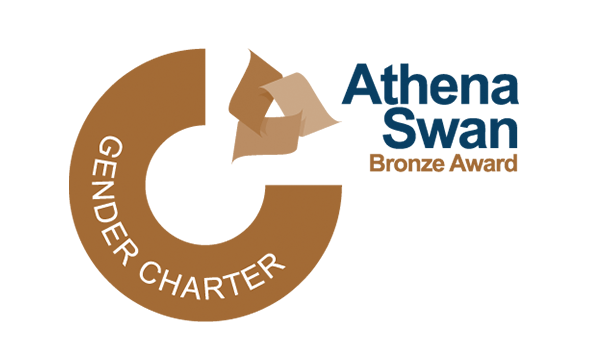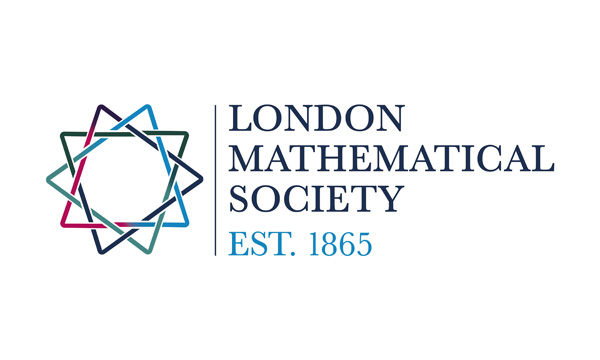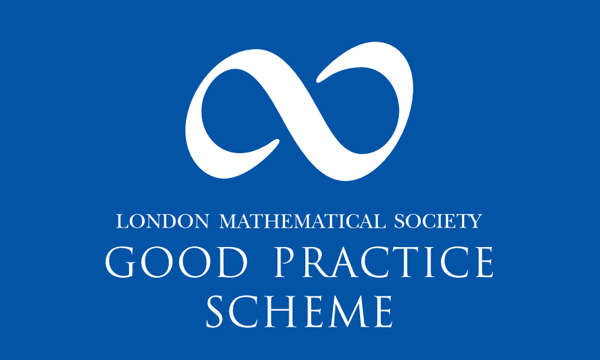Functor categories for groups
Friday 19 April 2024 Venue: Postgraduate Statistics Centre Lab 2, Lancaster University (hybrid)
About the meeting
Groups come in many fascinating forms and shapes. In this meeting, we will survey a selection of original techniques in the study of some infinite groups, such as right-angled Artin and Coxeter groups, profinite groups and groups associated with a certain Cantor action. Techniques may involve graphs, the use of micro-supported actions, or Mackey functor methods.
Titles and abstracts
Jakub Waniek: Completed Mackey functors for profinite groups.
Mackey functors can be thought of as an equivariant generalisation of abelian groups; indeed, a Mackey functor for the trivial group is the same thing as an abelian group. The role of equivariant rings in this theory is played by Green functors, Mackey functors’ ring-valued cousins. Lewis (1980) initiated the study of ‘rings’ (Green functors) and their ‘modules’, i.e. their ‘actions’ on ‘abelian groups’ (Mackey functors) using a canonical tensor product. In this talk, I will suggest a possible extension of this theory to profinite groups. I will begin by introducing Mackey and Green functors for finite groups, then describe the construction of the completed Burnside ring of a profinite group due to Dress and Siebeneicher (1988). I will then generalise their construction to arbitrary Mackey and Green functors for profinite groups. Time permitting, I will describe the basic theory of ‘modules’ over ‘rings’ in the profinite setting.
Dominik Francoeur: Intersection-saturated groups and groups with micro-supported actions.
A group is said to possess the Howson property if the intersection of any two finitely generated subgroups is again finitely generated. When a group fails to have the Howson property, one can try to characterise how far it is from having it. Such considerations give rise to the notion of intersection-saturated groups, introduced recently by Delgado, Roy and Ventura. In this talk, we'll see a new construction for intersection-saturated groups based on so-called micro-supported actions, that allows one in particular to produce finitely presented amenable examples.
Gemma Crowe: The conjugacy problem in (virtual) right-angled Artin groups.
In 2009, Bogopolski, Martino and Ventura proved an equivalence between conjugacy in group extensions and twisted conjugacy. Using their construction, one can find both decidable and undecidable results for the conjugacy problem in larger classes of groups, by instead studying the twisted conjugacy problem. In this talk, we will study right-angled Artin groups (RAAGs), a popular class of groups which are defined from simple graphs. We will use algebraic and geometric techniques to understand when the twisted conjugacy problem can be solved in RAAGs.




